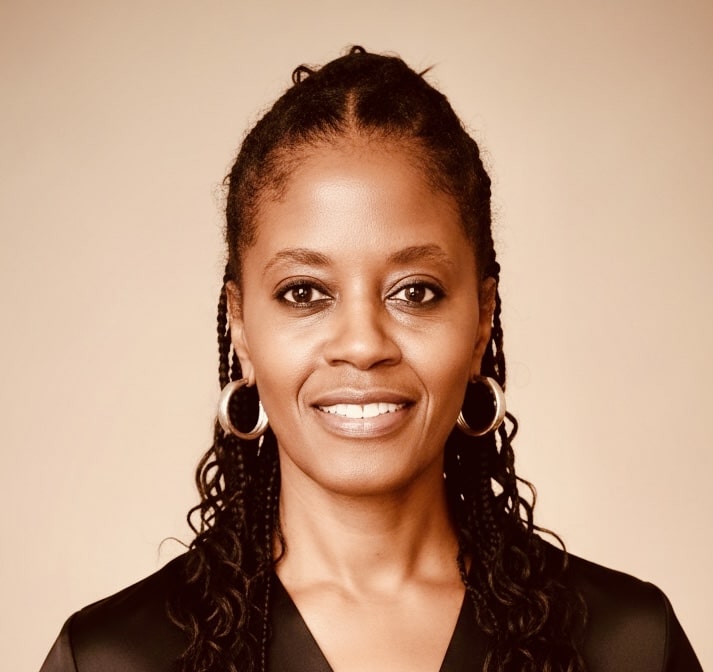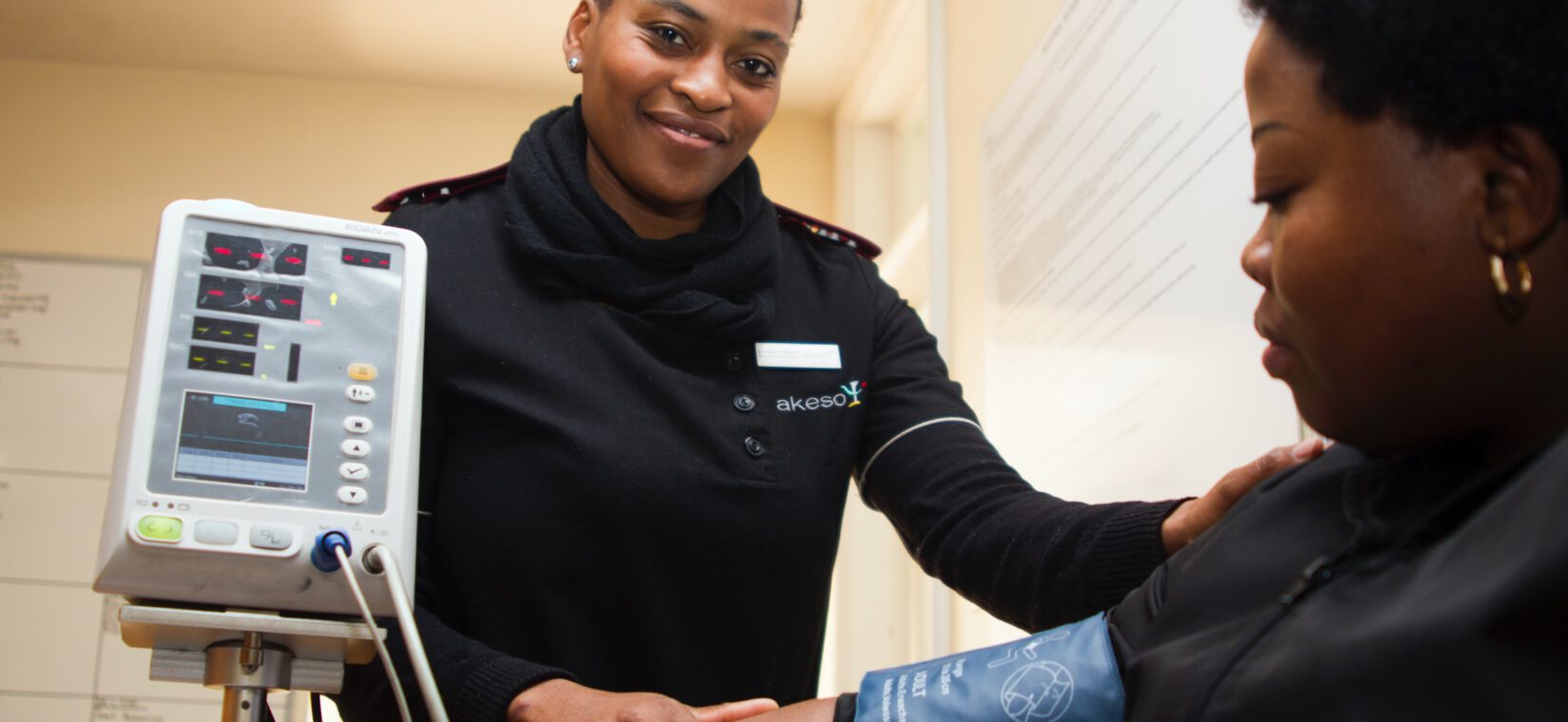Healthcare today faces many challenges, especially those connected to overall population health. Certain barriers, such as geographic locations and socioeconomic status, prevent large groups of people from regularly accessing healthcare options. Dr. Sandi Scheinbaum recently wrote in Forbes about how health coaches can bring some relief to these populations.
The COVID pandemic highlighted big gaps in healthcare access for communities of color and lower income in both rural and urban areas. This lack of practicing health providers and facilities can make it difficult for patients to make changes and maintain a healthy lifestyle to improve previously diagnosed conditions such as heart disease or diabetes.
This is where health coaches can help. While health coaches do not diagnose or treat health conditions, they are important in helping patients make healthy and sustainable lifestyle changes. What’s more, health coaches work in a variety of environments from clinics to private practices to online sessions. They can help under-served areas in many meaningful ways.
Health Coaches Empower Clients

Where clinics and hospitals are limited, health coaches can help fill in gaps in post-diagnosis care. After a patient has been seen by their healthcare provider, and received their diagnosis, and care plan, a health coach can step in. A health coach can help the patient learn about their diagnosis and make lifestyle changes according to their doctor’s care plan. Changes can include making diet changes, consistently taking new medication, using self-monitoring tools, and more.
A health coach empowers patients and creates accountability for their clients. According to a study by the American Society of Training and Development, when someone is held accountable by another person, they are 95% more likely to complete their goal. In health coaching, this accountability can help improve a client’s overall health. In the end, health coaches can help lower non-essential doctor’s visits and, hopefully, lower the chance of developing more serious health conditions.
Provide Culturally Sensitive Care
Many communities experience a severe distrust of medical institutions. This is due to racist, unethical, and abusive practices by the medical and scientific community in the not-so-distant past. As recent as 1972, Black men were used as research in the Tuskegee Study. This distrust is only compounded by everyday racism that BIPOC communities face where their pain is denied, conditions misdiagnosed, and treatments withheld by doctors or set behind impossibly steep paywalls.
Health coaches, on the other hand, generally work outside of medical facilities and do not diagnose or prescribe treatment. This allows them to be seen as mentor or peer figures to their clients. They are there to encourage their clients and can act as trusted liaisons between medical providers and patients. What’s more, health coaches can take training and classes to help them become more culturally aware and sensitive. They can meet their clients where they are and engage with them in ways they are comfortable, empowering them to take their health into their own hands and advocate for their highest level of care.
Low Barrier Entry to Certification
Compared to many professional careers, becoming a health coach has a significantly lower barrier to entry. NBHWC certified programs with a completion exam can be completed quickly. This results in certified health coaches without the debt of a four-year college who are ready to begin working in high-need areas.

Lower certification costs and limited prerequisites open the possibility of pursuing a career in health coaching to a wider and more diverse population. Health coaches come from all backgrounds. Many become health coaches after pivoting away from a career in other fields. This flexibility and accessibility to certification allows health coaches to have low operating costs, which benefits lower-income communities.
Health coaches can work within hospitals, clinics, and doctor’s offices, not just in a private practice. This allows them to serve communities with limited resources better. They can also work within the context of community centers, faith-based organizations, or schools. Access to a health coach doesn’t have to be costly, especially when there is little overhead cost.
While health coaches are not a replacement for medical professionals, they can assist in helping the overall health of underserved communities. Where resources are low, a health coach can help by providing encouragement and empowerment, knowledge and guidance to those looking to make lasting and sustainable lifestyle changes. Health coaches can help communities become healthier by providing accessible pathways to improve their overall well-being.
LEARN MORE about becoming a Functional Medicine certified health coach and the FMCA Health Coach Certification™ program. Follow us on Instagram and LinkedIn to stay up to date with the latest FMCA news.
Our Latest Blogs
-

Student Spotlight: Debra Lewis
Read Full Article: Student Spotlight: Debra Lewis -

DTC Lab Testing Summit: From Results to Lifestyle Change
Read Full Article: DTC Lab Testing Summit: From Results to Lifestyle Change -

Enabling Predictive Health through Multi-Omic Analysis
Read Full Article: Enabling Predictive Health through Multi-Omic Analysis

